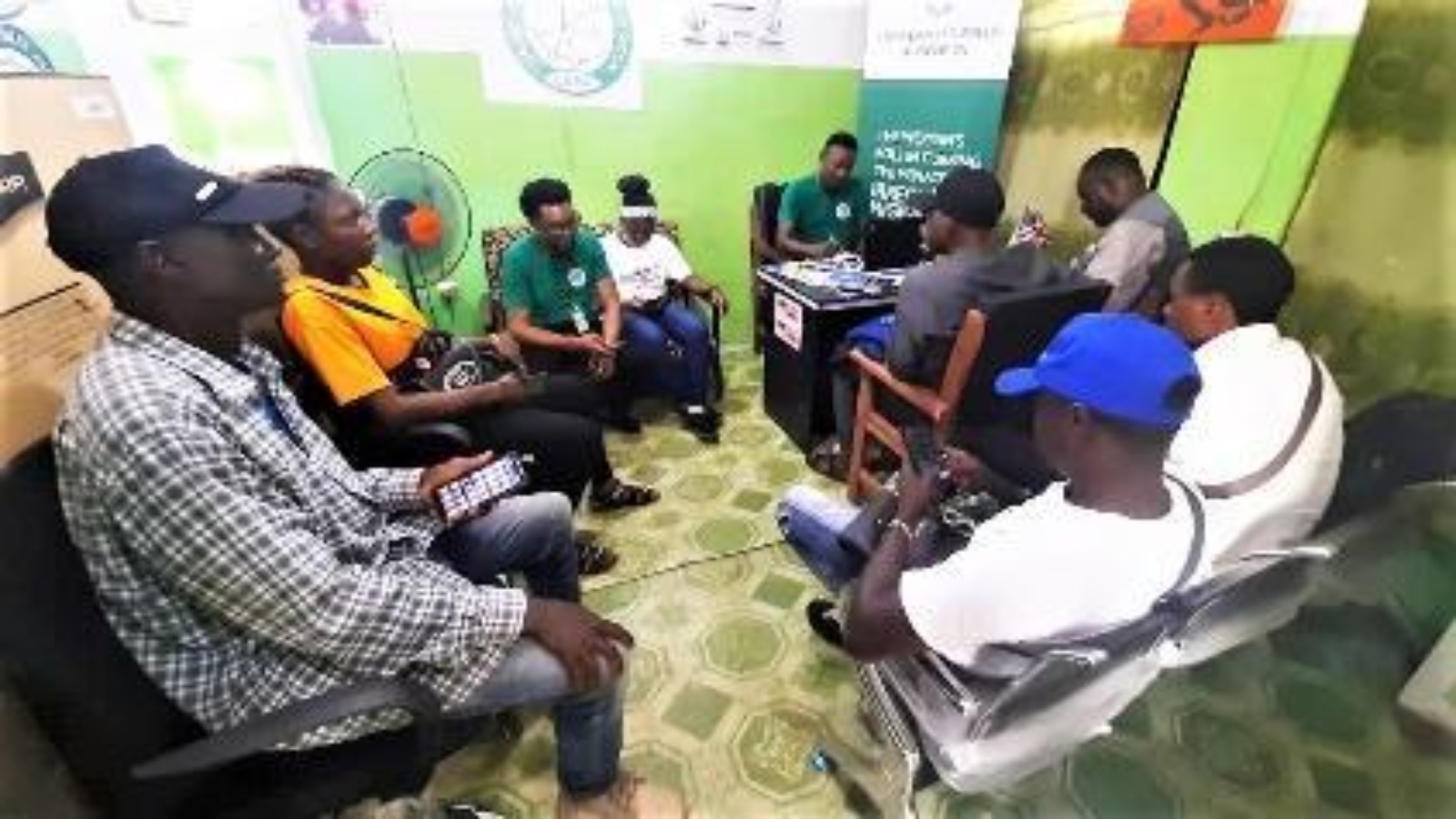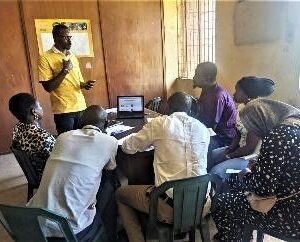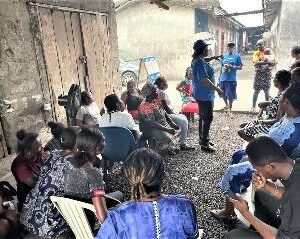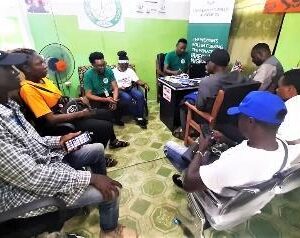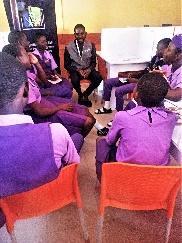Client - International Organisation for Migration (IOM)

Objective:
Prevention Efforts To Reduce Trafficking
Practice Area:
Research & Trainings
Status:
Completed
Locations:
Nigeria - PLagos, Edo & Delta States
Start Date:
November 2022
End Date:
January 2023
Project Summary
Since 2002, the International Organization for Migration (IOM) worked in close partnership with the Federal Government of Nigeria to enhance migration management. Through capacity-building, advisory services, and technical assistance, IOM focused on various aspects of migration, including migration health, information dissemination, assisted voluntary returns, and counter-trafficking measures. Collaborative efforts were established with national migration stakeholders to strengthen border management, combat human trafficking, reduce irregular migration, and integrate migration into the country’s development plans.
Expanding on previous initiatives, IOM aimed to improve access to reliable information sources and empower potential migrants to make informed decisions. The project emphasized sensitizing individuals on regular migration options, the risks associated with irregular migration, and vulnerabilities to trafficking in persons (TiP). Additionally, the project sought to enhance institutional capacities and implement community-based actions in high-risk states such as Lagos, Ogun, Edo, and Delta. By promoting evidence-based planning and monitoring of behavioural change communication, the intervention aimed to prevent TiP and the Smuggling of Migrants (SoM). It also utilized community-based actions like peer education, community dialogues, and art-based competitions to engage returnees, community members, and government and non-government actors in preventing exploitation and encouraging safe and regular migration pathways. The primary target audience comprised potential migrants aged 12-35 years from migration-prone communities, while key opinion leaders, including families, religious leaders, and traditional leaders, were considered a secondary audience with significant influence over potential migrants’ decision-making processes.
The project was implemented at the federal, state, and community levels, with a specific geographic focus on Lagos, Edo, and Delta-known as source states for migration. It commenced in December 2019 and concluded in June 2022.
The specific objectives of the evaluation were to:
- Examine the impact, relevance, effectiveness, efficiency and sustainability of the project and how it speaks to the project TOC.
- Understand the shift of positive knowledge, attitudes, and practices on regular and irregular migration amongst primary target audience as compared to the baseline study conducted in 2021
- To what extent the project has contributed to improve access to trusted information sources on regular migration, trafficking in persons (TiP) and risks associated with irregular migration.
- To assess the effectiveness of the use of media initiatives, constructive dialogue and community efforts to establish key relationships and change attitudes of target beneficiaries.
- To determine the extent to which the programme had made an impact on gender dynamics, specifically the role of women and youth in prevention of TIP.
- To determine the extent to which COVID-19 has affected project implementation, impact and sustainability of the project.
- Propose relevant recommendations for the development and implementation of any further interventions and activities based on the performance and achievements of the project.
In addition, the evaluation also focused on the two project outcomes which were:
- State and non-state actors exercise evidence-based planning and monitoring of behavioural change communication to prevent Trafficking in Persons and Smuggling of Migrants.
- Returnees and community members prevent exploitation through participatory and community-based awareness raising actions.
CRADI adopted a mixed research design and utilized both qualitative and quantitative approaches to collect primary data, while also drawing from a systematic desk review of relevant project documents, including the 2021 baseline study. The project proposal, M&E plan, interim reports, and other project related documents were used to collect secondary information. Primary data was collected across the intervention areas; Lagos, Ogun, Edo, and Delta States (physical) and Nasarawa, Benue, Plateau, Enugu, Ebonyi, and the FCT (remote) to assess implementation efficiency, effectiveness, impact, sustainability, and track the prevailing status of the key project performance indicators, against which progress was assessed. The community survey technique was used to administer, collate, and analyze quantitative data sourced from 553 respondents (of which 283 are female and 268 are male) while qualitative approaches included 74 (63 physical and 11 remote) key informant interviews (KIIs) and 30 focus group discussions (FGD) sessions.
Project Gallery



